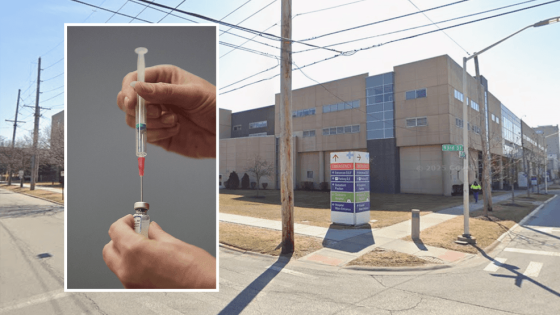Chronic pain can significantly impact daily life, and many turn to medications like gabapentin for relief. However, recent findings from a study published on 2025-07-14 raise concerns about the potential risks associated with this common drug.
- Gabapentin linked to higher dementia risk
- Study focused on chronic low back pain
- Increased risk for younger patients noted
- Correlation found, not causation proven
- Need for careful gabapentin prescriptions
- Monitoring cognitive health is essential
Researchers at Case Western Reserve University discovered a troubling link between gabapentin use and an increased risk of dementia among patients with chronic low back pain. This study analyzed the medical records of over 26,000 patients, revealing that those prescribed gabapentin were about 30% more likely to develop dementia and 85% more likely to experience mild cognitive impairment.
This raises an important question: should patients reconsider their pain management strategies? While the study shows a correlation rather than a definitive cause-and-effect relationship, it highlights the necessity for healthcare providers to monitor cognitive health closely in patients prescribed gabapentin.
- Discuss alternative pain management options with your doctor.
- Regularly assess cognitive health if taking gabapentin.
- Stay informed about new research on medications.
- Consider lifestyle changes that may alleviate chronic pain.
As research continues, it’s crucial for patients to engage in open conversations with their healthcare providers about the risks and benefits of their medications. Staying proactive can lead to better health outcomes.
















![[Adobe Stock]](https://news.faharas.net/wp-content/uploads/2025/07/Ketogenic-Diet-Boosts-Brain-Blood-Flow-by-22-and-BDNF-230x129.jpg)
















